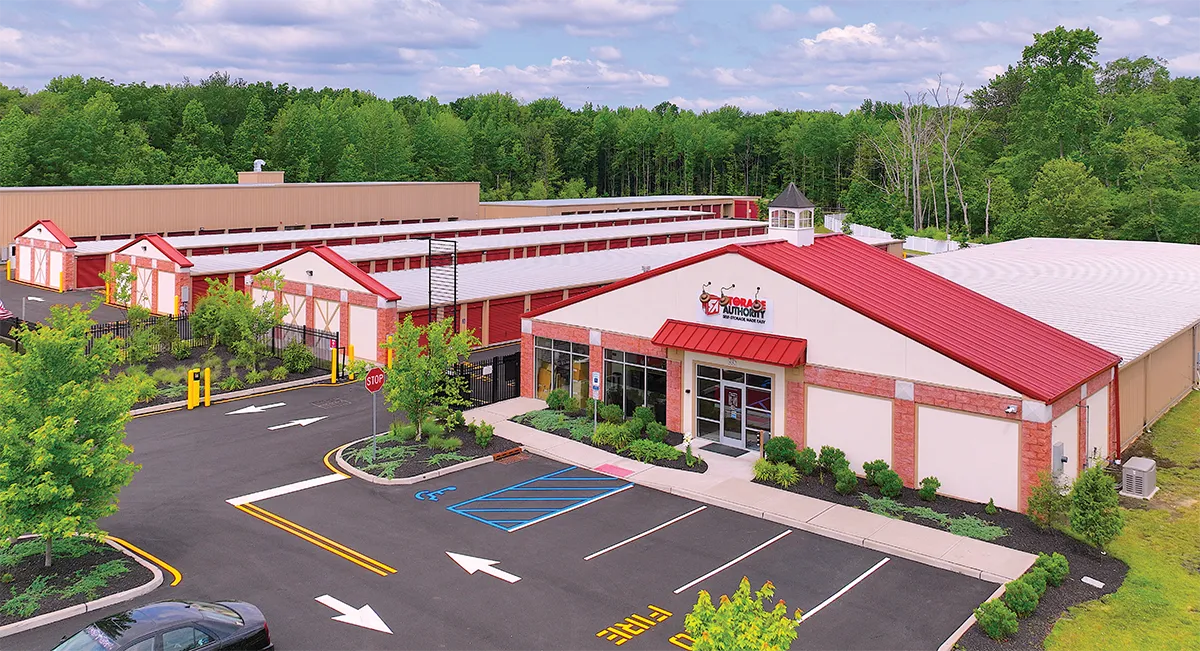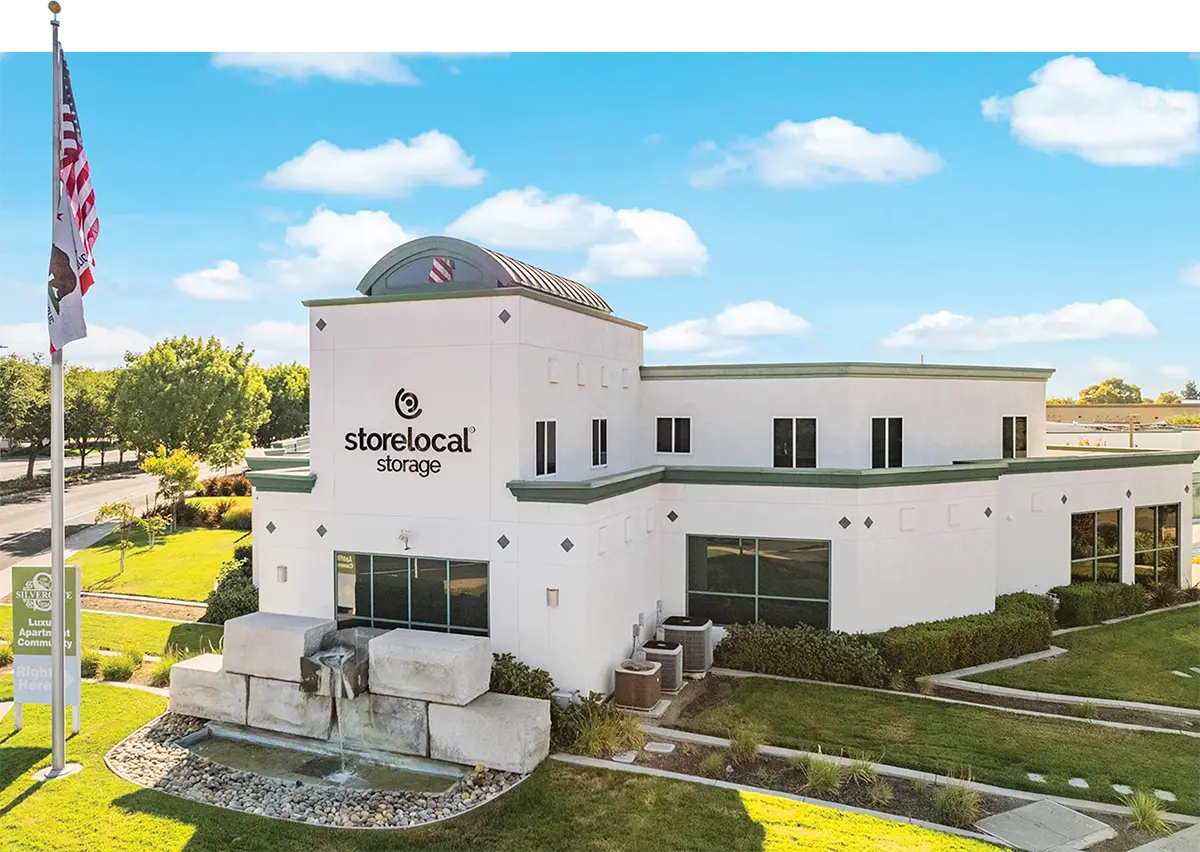
elf-storage is a booming business that has proven to be recession-resistant time and time again, making it an interesting investment for newbies and senior investors. However, as more private equity firms and major names began to invest in the industry, it started to change at a pace most small businesses couldn’t keep up with.
Around the world, small businesses, often referred to as “mom-and-pops,” seem to have an expiration date, according to many specialists. So trying to break in as a newbie now can be a daunting, anxiety-inducing task.
To help level out their odds, there are currently two major options that can support a new investor: third-party management and franchising. While the first is probably the most popular when it comes to the self-storage industry as of right now, the second has also been achieving great results. The difference between them is simple: In the first, investors have to put in little to no work; the latter, although flexible, requires them to follow up closely every step of the way.
According to an article published by Franchise Guardian, a new franchise opens every eight minutes every business day, and the franchise industry accounts for 40 percent of all retail sales in the United States. The business model, invented and popularized by American companies, has been replicated and successful worldwide in many different industries. But when it comes to the self-storage industry, it’s still a relatively new concept.
The only franchising self-storage company in the U.S., Storage Authority, put an entire system into place inspired by their experience creating and running self-storage facilities to help franchisees avoid making beginner mistakes that could easily cost them their business.
The company was created in 2016 as Marc Goodin, a self-storage industry specialist who had been retired for the previous five years, was starting to look for a new endeavor to occupy his free time. While advising his now-co-founder, Garrett Byrd, who comes from a hotel franchising background, Byrd saw the opportunity to work together to create a self-storage franchising company.
Goodin is a known figure in the industry who knows its ins and outs and has published several books on the topic, some of which eventually became audiobooks, including “Crush Your Competition: 101 Self Storage Marketing Tips For The Fastest Way To Huge Profits” and “Your Self Storage, Planning: Site Selection, Design – Build.”
However, even as the industry continued to grow, he noticed demand for industry advice wasn’t slowing down, which led him to realize the potential of the offer. “He [Byrd] told me people were going to ask the same questions and need the same answers, the same systems,” says Goodin. “So, about 10 years ago, we started Storage Authority.”

Franchising also makes the entire process more flexible for investors timewise, as they are able to work after hours while a team does most of the leg work during office hours. This is especially good for investors who work normal 9-to-5 jobs and don’t have much time during the day to oversee things like construction, team hiring, training, etc.
Working under a known name is also a great advantage, as brand awareness leads customers to trust your brand from the get-go, and in turn generate growth for your business. Brand recognition is something earned with time, great service, and the right marketing strategy, which makes it tricky to maneuver, especially as a first-timer investing in a new industry. Although it’s not impossible to achieve it from the ground up, it just takes time, strategic planning, and investment.
Financially, a benefit of franchising is having access to a Small Business Administration (SBA) loan, which only requires 10 percent to 15 percent capital and provides operational capital–against around 30 percent to 40 percent and no operation capital in traditional loans. SBA loans may not be available for businesses working with third-party management companies, and new constructions may not get approved.

It’s important to remember that when buying into a franchise, investors must abide by the company’s rules and systems. Making any major changes requires disclosure, and choosing to do things differently can lead to a legal issue with the brand. So, it is imperative to study the brand’s business model to ensure it is a great fit.
Another downside of franchising is that while it can save investors money by ensuring they don’t overspend to get their business up and running, the support comes with an additional cost, starting with an initial franchise fee and continuing with regular royalty and marketing fees. Franchisees are also obligated to maintain facility standards, which is another additional cost to keep in mind. Plus, if they decide to sell it, they will likely make a smaller profit margin than someone who ventured into business independently.
Perhaps the biggest disadvantage of franchising is the lack of control. As investors are essentially buying into someone else’s business, it can be frustrating not being able to control important aspects of a brand’s name, like its reputation. Even though franchisees are expected to offer a high-quality service at their facilities, that is not always the case. This is especially worrying in the age of cancellation culture, as if the brand or one of their other franchisees becomes the target of a scandal, all of the brand’s facilities could end up suffering the consequences. In the self-storage industry, however, this kind of situation may be less likely and may not cause as much concern as other industries, but it is a good idea to research smaller-scale instances like checking up on other franchisees’ facilities to make sure they are not causing the brand name to devalue due to off-the-book practices.
The program was created by Storelocal, a membership organization that empowers self-storage owners and operators who work together to increase their competitive advantage in the marketplace. “With Storelocal Storage, operators can maintain their independence and ownership while gaining national brand recognition. One of the key goals of Storelocal Storage is to help independent operators maximize profits, which we’re able to do by operating differently than the franchise model,” states Emily O’Leary, brand manager for Storelocal Storage.
The price of the investment is also wildly different when compared to franchising. “A quick Google search for self-storage franchises yields results for a company with start-up fees approaching $70,000 in addition to monthly royalty fees of 6 percent plus an additional 2.5 percent fee for marketing, sales, technology, and website,” she states. “We currently charge a nominal setup fee of $1,000 for software and website setup in addition to a $5,000 brand licensing fee. We do not charge monthly royalty fees, but instead charge a flat monthly fee under $1,500 (current as of July 2024) for what we call our ‘Operations in a Box,’ which includes a website with national domain authority, property management software, reputation management, citation management, an AI chatbot, a dedicated branded email, SEO, an operations playbook, trademark license, competitive merchant processing rate of 1.89 percent plus $0.10 per transaction, Storelocal Protection (which operators are able to keep 75 percent to 80 percent of monthly protection fees collected), automated rent management, automated promotions, rate campaigns, consulting, and networking.”
Another benefit of the program is that it allows investors to mix and match, as StoreLocal Storage gives them the freedom to hire a third-party management company to run everything, as long as the company is willing to operate the store under the StoreLocal Storage name and guidelines.
However, the downside of the program compared to franchising is that it doesn’t offer the same level of structure that can come in handy for someone just starting in the industry. “A franchise would outline exactly what the franchisee is to buy for their store. Think of McDonald’s; they have the same counter, the same cash register, the same tables, etc. With Storelocal Storage, operators have the flexibility to build their stores how they want, which can be daunting for someone who prefers to have everything prescribed for them,” she adds.